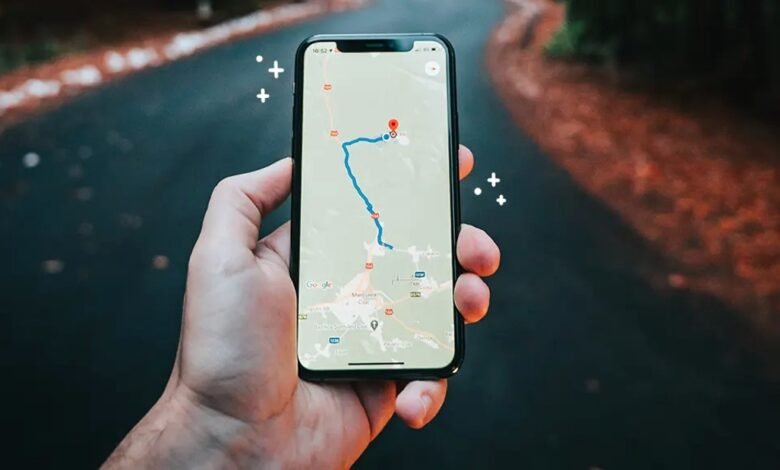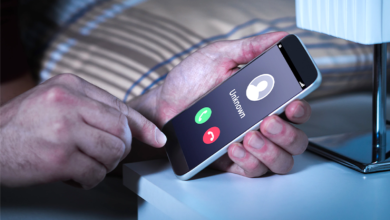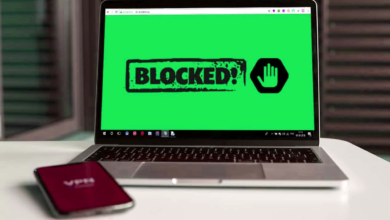How to Track SIM Location in Pakistan (Legal Ways)

In today’s digital age, the ability to track SIM location in Pakistan has become essential for a variety of reasons. Whether you’re a concerned parent, a law enforcement officer, or someone who has lost their phone, knowing how to legally trace a SIM card can provide peace of mind and security. However, it’s crucial to understand that such tracking must be done in accordance with Pakistani cyber laws and under proper legal frameworks.
Understanding SIM Tracking
SIM tracking refers to identifying the geographical location of a mobile device based on its SIM card. Every SIM card has a unique International Mobile Subscriber Identity (IMSI), which helps cellular networks pinpoint the location of a device. When the mobile phone connects to nearby cell towers, the network can estimate its location through triangulation.
In Pakistan, SIM tracking can be conducted for several legal and valid purposes such as:
- Locating missing persons
- Monitoring underage children
- Tracking stolen mobile phones
- Assisting law enforcement investigations
Legal Framework for SIM Tracking in Pakistan
Tracking someone’s location via their SIM card without proper authorization is considered illegal and a violation of privacy. According to the Pakistan Telecommunication (Re-organization) Act, 1996 and the Prevention of Electronic Crimes Act (PECA), 2016, any unauthorized access or data retrieval is punishable by law.
Only authorized organizations such as:
- Pakistan Telecommunication Authority (PTA)
- Federal Investigation Agency (FIA)
- Mobile network operators
- Police and other law enforcement agencies
are legally permitted to access SIM location data, and that too only under court orders or during the course of a legal investigation.
How to Track SIM Location Legally in Pakistan
Here are the main legal ways to track SIM location in Pakistan:
1. Through Law Enforcement Agencies
If you are a victim of a crime such as kidnapping, extortion, or mobile theft, you can report the matter to your nearest police station. The police can file a First Information Report (FIR) and forward the request to the FIA Cyber Crime Wing or appropriate intelligence units for tracking the SIM location.
The police can use IMEI (International Mobile Equipment Identity) and SIM card details to track the mobile phone through telecom operators. However, the process may take time and requires official documentation and verification.
2. By Contacting Mobile Network Operators
Pakistan has four major mobile network providers: Jazz, Zong, Telenor, and Ufone. If you’re the registered owner of a SIM and have lost your phone, you can contact your service provider and request SIM location services.
You will need to provide:
- CNIC (Computerized National Identity Card)
- SIM ownership verification
- A written application or police report (in some cases)
While the operator won’t provide the location directly to a customer, they can assist authorities in tracking the SIM if a legal request is made.
3. Using PTA’s DIRBS System
The Device Identification Registration and Blocking System (DIRBS) launched by PTA helps track and block stolen or unregistered devices. While it does not directly provide SIM tracking, it can be used in conjunction with other systems to identify and block stolen phones.
You can report a stolen device on PTA’s website or SMS the IMEI number to 8484 to check if your device is registered.
4. Court-Ordered Tracking
In high-priority cases such as terrorism, kidnapping, or fraud, courts in Pakistan can issue orders for telecom operators and law enforcement agencies to track SIM location. These orders are only granted when compelling evidence is presented.
The tracking is then conducted through CDRs (Call Detail Records), BTS triangulation, and GPS location, if available.
What is CDR and How Is It Used?
Call Detail Records (CDRs) are logs of all call activities from a mobile number. They include information such as:
- Numbers dialed
- Time and duration of calls
- Cell tower locations during calls
Law enforcement agencies can request CDRs from telecom companies to trace criminal activities or locate suspects. These records can be used to build timelines and determine the physical location of a mobile device during specific times.
What is IMEI and How It Helps
The IMEI number is a unique 15-digit code assigned to every mobile device. Unlike SIM cards, which are interchangeable, the IMEI number remains fixed for each device. It is a critical tool in tracking lost or stolen phones.
In Pakistan, if a phone is stolen, users can block their IMEI via the PTA DIRBS system. This renders the phone useless, even if the SIM card is changed.
Mobile Tracking Apps: A Legal Grey Area
There are many apps and software available that claim to provide SIM location tracking services. Some popular ones include:
- Find My Device (Google)
- iCloud (Apple)
- Family Locator apps
While these tools are helpful for personal use, they must be used ethically. Tracking someone without their consent can result in serious legal consequences. For example, secretly installing tracking apps on someone’s phone is a punishable offense under PECA 2016.
How to Protect Your SIM from Unauthorized Tracking
With increasing cyber threats, it’s important to protect your personal data. Here are some ways to avoid unauthorized SIM tracking in Pakistan:
- Register your SIM with correct CNIC information
- Use biometric verification
- Avoid sharing your phone or SIM with untrusted individuals
- Report lost or stolen phones immediately
Also, always review app permissions and avoid installing suspicious apps that request access to GPS or SIM information.
Role of PTA in SIM Tracking
The Pakistan Telecommunication Authority plays a regulatory role in managing SIM issuance and tracking protocols. They ensure that telecom operators comply with privacy and security regulations. PTA also enforces the biometric SIM registration system to ensure that every SIM is traceable to its user.
The authority can block unregistered or suspicious SIMs and devices upon request from law enforcement or the public. Moreover, PTA frequently conducts awareness campaigns to educate citizens on how to protect their mobile data.
Final Thoughts
In conclusion, while the technology exists to track SIM location in Pakistan, its use is strictly regulated. Unauthorized tracking is illegal and can lead to severe penalties. The legal avenues for tracking include coordination with law enforcement agencies, mobile network providers, and regulatory authorities like the PTA.
For your safety and privacy, always ensure your SIM card is registered under your name and report any suspicious activity. If you need to track a SIM for legitimate reasons, follow the proper legal process and consult the relevant authorities.
By understanding the legal and ethical dimensions, you can make informed decisions while respecting privacy laws in Pakistan.











